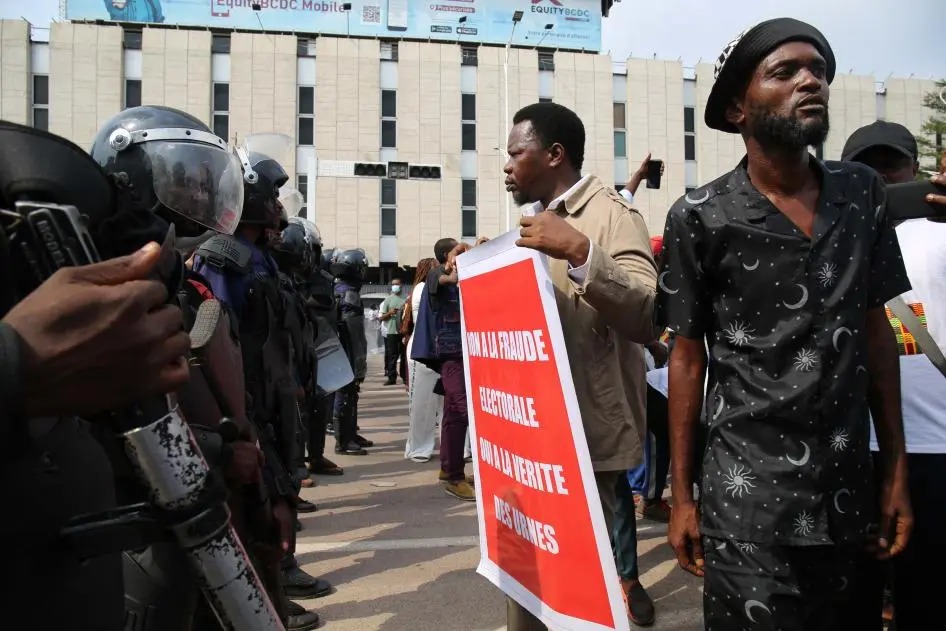
The announcement came from the country’s interior minister and deputy prime minister, Jacquemin Shabani, who said a request has been submitted to the Council of State to formally disband the parties. He cited laws regulating political activity as the basis, and alleged that the targeted parties committed violations that threaten national unity and state security, which led the government to suspend their activities across the country.
Among the main parties named are the Union for the DRC (led by former prime minister Matata Boni) and the Labour and Dignity Party, all considered part of the opposition.
These developments come amid a deepening political crisis in the DRC. The opposition is demanding greater political inclusion while tensions rise over issues such as the reopening of Goma international airport, where disagreement between the government and the rebel movement M23 is inflaming conflict in the east of the country.
Political analyst Eric Iziba described the move as “a very important step in the right direction”, arguing that the parties had aligned themselves with separatist-led projects backed by Kabila, particularly via a recent Nairobi conference bringing together opposition factions.
He noted that Kabila “faces a death sentence” for past crimes against the country, yet these parties still met with him, justifying the government’s strong response.
Another analyst, Kassim Keita, sounded a cautionary note. He observed that while concerns over cooperation with separatists are valid, the government’s approach risks stifling legitimate opposition. He urged the authorities in Kinshasa to open serious dialogue with the opposition rather than escalate the situation, warning that the current policy “will lead only to further fragmentation and political division”.
He added that such an action could have grave implications for national unity, undermining efforts by the authorities to reinforce cohesion in the DRC
